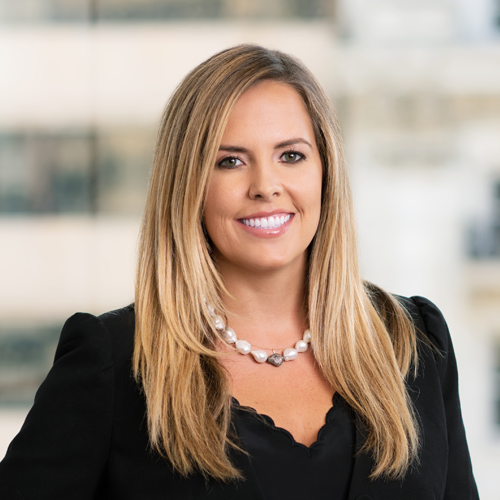Georgia, US, 21st May 2025, ZEX PR WIRE, The Radiology Group Atlanta is raising its voice on behalf of rural hospitals, urging leaders, healthcare providers, and communities to pay closer attention to how access to expert radiology can help keep small-town hospitals open, efficient, and effective.

“Too many rural hospitals are hanging by a thread,” said Dr. Anand Lalaji, co-founder of The Radiology Group Atlanta. “We’ve seen firsthand how faster reads and subspecialty access can reduce transfers, avoid unnecessary costs, and help local providers make the right call under pressure. The support we provide isn’t optional—it’s critical.”
The American Hospital Association reports more than 130 rural hospitals have closed in the past decade. Many others are barely getting by. One of the biggest problems? A shortage of on-site radiologists. Most rural hospitals must rely on remote radiology providers—and many of those prioritize volume over quality or relationships.
The Radiology Group Atlanta is calling on hospitals and healthcare decision-makers to take a different approach:
“Ask who’s reading your scans. Ask how fast you’ll get results. Ask if a specialist is behind the report,” Dr. Lalaji said. “Because when you know those answers, you start protecting your hospital and your patients.”
Why It Matters
Radiology is a key part of nearly every diagnosis. Without fast and accurate reads of X-rays, MRIs, and CTs, doctors can’t make smart decisions.
-
According to the National Rural Health Association, a single diagnostic delay can cost hospitals up to $6,000 in follow-up care.
-
A 2022 study in the Journal of Rural Health found that access to subspecialty radiology reduces unnecessary patient transfers by 22%.
-
Every transfer avoided keeps patients local, helps hospitals retain revenue, and builds community trust.
“We once got a call from a rural ER team who weren’t sure if they were seeing a brain bleed or an imaging artifact,” said Dr. Lalaji. “Our neuro-radiologist confirmed a small hemorrhage in minutes. The patient was flown out and treated. That’s what subspecialists can do when they’re part of the team—not a name on a report.”
What You Can Do
The Radiology Group Atlanta is encouraging communities, providers, and hospital leaders to take simple but powerful actions:
-
Choose a radiology partner, not just a service. Ask who will be reading your scans.
-
Demand subspecialty reads. Match scans with experts—not generalists.
-
Track outcomes. Measure report turnaround time, transfer rates, and diagnostic accuracy.
-
Stay connected. Talk with your radiologists regularly. Invite them to collaborate.
-
Invest in fast communication tools. Skip the faxes. Use secure messaging that works in real time.
“It’s not about high-tech—it’s about high-touch,” said Dr. Tejal Lalaji. “We build relationships with hospitals because when we know each other, care gets better. That’s what saves time. That’s what saves lives. And that’s what keeps rural hospitals open.”
The Bigger Picture
As healthcare becomes more centralized and corporate, small hospitals risk being left behind. But when local providers work with radiologists who know their names and care about their success, everything changes.
The Radiology Group Atlanta is showing that with the right support, rural hospitals don’t have to just survive—they can thrive.
Call to Action: Don’t wait for a crisis. Talk to your hospital leadership. Ask how radiology is being handled. If you’re a provider, speak up for the tools and people you need. If you’re in the community, support your local hospital and the experts behind it. The future of rural healthcare depends on it.
To learn more about The Radiology Group Atlanta’s mission and how to bring specialized radiology to your hospital, click here.

Abigail Boyd is not only housewife but also famous author. At age 12, her mother taught her to read and she immediately started writing stories. After that she starts to write short stories. She writes various kinds of short stories. Now she is writing news articles related to ongoing things in the world.
Disclaimer: The views, suggestions, and opinions expressed here are the sole responsibility of the experts. No journalist was involved in the writing and production of this article.

